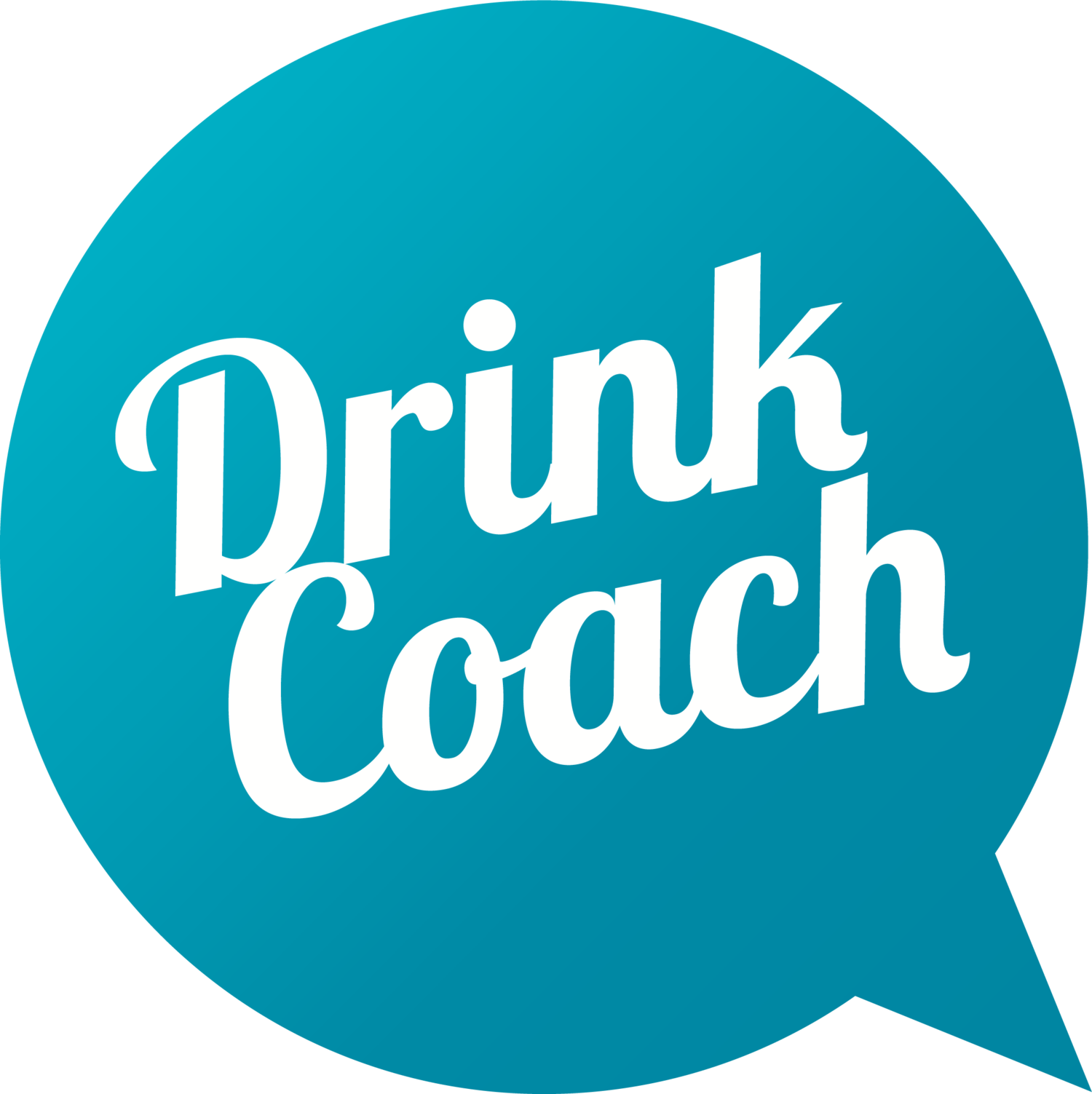Dance like no one is watching…
DrinkCoach asked Will, Alcohol Advisor from the West Sussex Wellbeing Team to document his new year’s resolution to cut back on alcohol. Read his series of blogs throughout Dry January
Blog 4/10
…everyone’s watching, red wine does not have the ability to turn you into a ‘Strictly’ dancer, well maybe one that gets booted out on week 1.
Confidence, confidence, confidence: if you say it three times in front of a mirror at midnight will it suddenly appear? Probably not. It’s important to get in the right frame of mind before starting anything challenging. If you don’t think you’re going to succeed to start with how much effort will you be willing to put into it, especially when it starts to get tough? “This is hard” quickly becomes “I was never going to be able to do this anyway”. You’ve beaten yourself before you have even started. I hope that, this time, I’m in the right mind-set to really make a change.
A good way of assessing how confident we feel about something is by scaling it. If I said to myself, out of 100 how likely do I think it is that I will be able to achieve my goal of drinking less than 14 units a week, I could say 70, which is pretty confident. I could then ask myself why not 80? Well, I know that I have struggled with behaviour change in the past, I am susceptible to peer pressure and once I get a taste for alcohol I know I am likely to want more. This all seems quite negative. However, I can also ask myself “you scored yourself 70 why not 60?” To which I would reply “I used to smoke in the past but I was able to quit that, so I know I have got the ability to change, I have a supportive family who will help me if I am struggling.” By generating this list we can start generating self-efficacy, the belief in our ability to succeed, and this is something I will need to hold onto in the coming weeks.
I also need to address the first list that I created, the ‘why not 80 list’. Without really realising it I’ve given myself a list that needs troubleshooting. Peer pressure, a big one for me. I’m known as someone who drinks, someone who has a good time when they drink. I become more sociable, funnier… a better dancer, (hmm maybe I don’t, maybe I just think I do). Because I can also become loud, obnoxious and aggressive if I drink too much, which is often the case if I fail to maintain the delicate tightrope walking act of keeping the right amount drunk, the sweet spot between not sober and not drunk (practically impossible).
Is being a drinker tied into my social identity? It shouldn’t be. So I need to come up with a plan for when I am in these situations. I can explain to my friends what I am trying to achieve and that I would like their support. I can do it before I see them in person or before any alcohol is present, that way they can get used to the idea beforehand so it’s not a shock to them. Some weird aspect of cultural politeness will inevitably see me drinking an unwanted pint because it was bought as part of a round and it would be rude not to. So I need to nip that in the bud before it starts.
White lies might have to play their part as well: for some reason it’s socially acceptable to refuse a drink if you’re on medication but not if you just don’t want to drink. When we eventually return to socialising, driving is another good one. “I can’t today, my turn to drive”. I’ll practice saying this a few times as well so that it rolls off the tongue more readily: “fancy a drink?” “Can’t I’m driving and I’m on this new medication for my halitosis (often caused by excessive drinking).” Maybe I’ll just keep to the first bit!
So it’s good to troubleshoot and plan ahead, addressing potential problems before they arrive on our doorsteps. It’s also really important to build our self-efficacy. Remembering how we will succeed and also the reasons why. Keep that goal in mind. “I want to be fitter and healthier so I have more energy when spending time with my family”.

